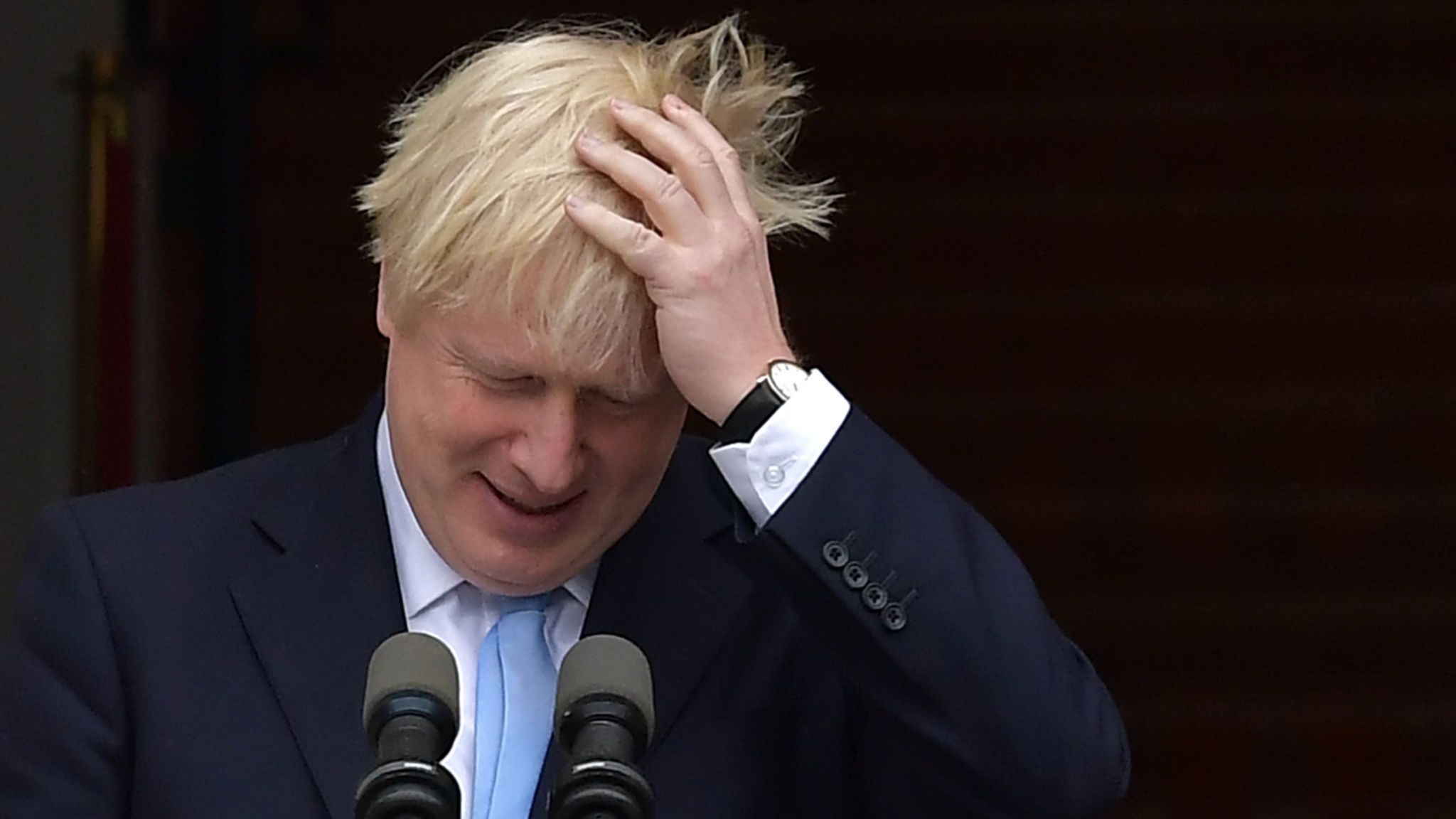Boris Johnson’s government intends to prorogue Parliament for just over a month – suspending all bills, motions, and questions and cancelling any legislation still in the process of being made.
While prorogation is a normal part of the parliamentary year that marks the end of a legislative session, it usually lasts for less than a week. Johnson’s prorogation is set to last from a currently undefined start date between the 9th and 12th of September through until the 14th of October when a state reopening is scheduled.
The new parliamentary session will essentially wipe the slate clean of matters to be voted on and any unfinished business will have to be reopened for fresh discussion. Three of the five proposed weeks would otherwise have been spent in recess, so only two weeks of parliamentary time will actually be lost.
However, with the (most recent) Brexit deadline being the 31st October, many MPs and members of the public see Johnson’s decision as a heavy-handed obstruction tactic designed to push through no-deal plans.
By significantly reducing the time allowed for Parliament to work on a deal at this late date in the proceedings, it is much more likely that we will leave the EU without one. A strong majority in Parliament are resolutely against this and so, by limiting their legislative power and efficiency over the next month, Johnson limits the threat to his no-deal.
But is it undemocratic? Considering Johnson and his ilk are publicly arguing for Brexit on the basis of it being the ‘most democratic’ response to the 2016 referendum, the decision to suspend Parliament and thus the tangible process of democracy seems more than a little hypocritical.
While prorogation cannot strip Johnson’s enemies of their ability to oppose him, it will make the process of organising and formulating a Brexit deal much more difficult.
On Wednesday, the House of Commons passed a cross-party bill to ask for another Brexit extension if no deal were still on the cards at the end of October, which the House of Lords has agreed to progress. Conservative rebels and the opposition parties managed to make this bill made law before the start of prorogation despite hardline Brexiteer MPs having made a list of over 100 amendments in an attempt to delay the legislation.
Suspending parliament in response to the majority not agreeing with the PM is undoubtedly an undemocratic act. Supporters of Johnson insist that it is a ‘more democratic’ measure than delaying Brexit further would be. However, even if this were the case, at the time of the referendum Brexit was simplistically paraded as the easiest deal in history, and the rhetoric certainly did not account for the crunching reality of no-deal.
The weighing-up of the ‘democraticness’ of various possible acts, including a snap election, seems to render the term somewhat arbitrary. Being a parliamentary democracy, we discharge our democratic constitutional ideals through parliament, with elected officials representing the will of their constituent people.
Hundreds of thousands of citizen protesters outside Westminster the past weekend have been chanting “Stop the coup!” – hardly a symptom of healthy, democratic government.
A no-deal Brexit will have a hugely detrimental effect on the NHS, particularly in areas such as drug acquisition, staffing and access to groundbreaking areas of treatment. No short-term cash injection can offset this.
The term ‘no-deal’ is not really a good description of the proposal, as failing to establish a trade deal with the EU means that the UK needs to replicate around 30 agreements with countries such as the USA. This will benefit top business people on both sides of the Atlantic but our country is in a diminished bargaining position, left a bereft shadow of its former self.
Johnson’s gamble cannot be allowed to succeed. No-deal must be stopped, lest the UK’s infrastructure be chopped up and sold off.
Image Credit: Sky News

